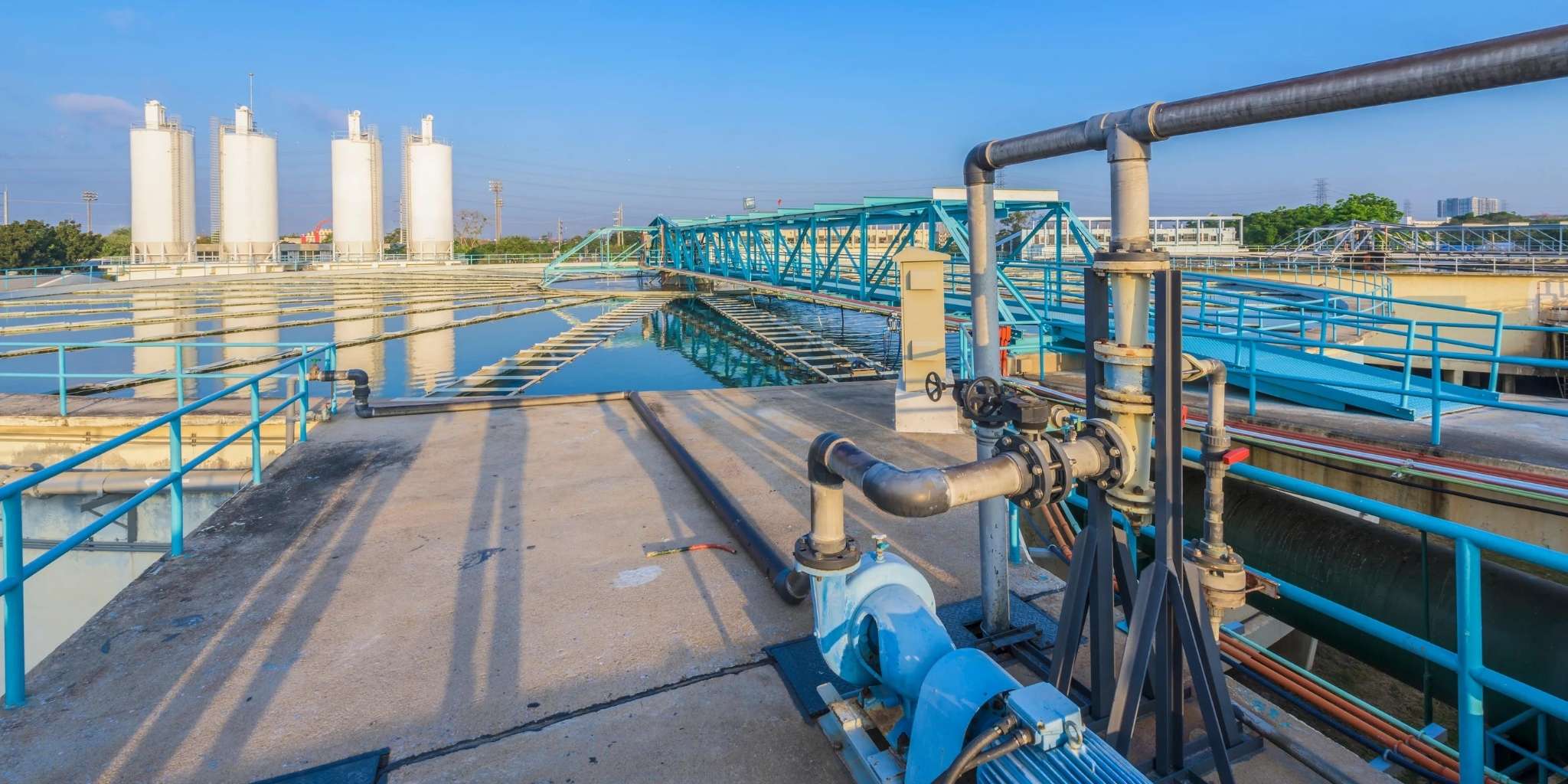Top 10 ways to reuse the wastewater
Recently water crisis issues have been increasing in our country. By the year 2050, the population count will reach nearly two billion. It has led to a high level of pressure on the underground water level. At present, there are about 250-260 cubic kilometers of water, in which the irrigation level is about eighty percent. As of now, water wastage is a vast threat where the water bodies like rivers and groundwater have become drought & depleted. Additionally, pollution of residential & industrial wastages has led to the crucial situation where the people cannot use the water anymore.
We are using water for multiple purposes where the wastage concern of urban households has been holding at about 62%. An important point to remember is that wastewater is taken over for domestic purposes. Water conservation is moving to a greater extent in the future. This standard water conservation process is the rarest one, and most of us are not serious about this initiative.
Want to know more details?
A study report exclaims that domestic water consumption takes about eight percent of world-level water usage. It directly means that residential purposes alone consume about eight percent of the usage of global level water. Removing the water usage & moving toward the conservation of water is one of the best ways to save water. In the upcoming points, we can acquire complete details about saving water & eradicating its wastages.
Effluent water recycling

Typically effluent water recycling is one of the optimal options for enhancing water sufficiency, and it can loop from basic home procedures to intricate commercial wastewater filtration systems. Reusing wastewater is an efficient way to develop water usage in residential places.
Agricultural effluent reuse

Generally, wastewater reuse in agriculture is for multiple purposes like gardening, lawns, watering plants, trees, fence bushes, irrigation of veggies & vegetables, etc. At any cause reusing of wastewater does not affect the growth of plants. First, the overall monitoring of water contaminants is mandatory. If not, domestic animals may consume. It is not good for health too. On the other side of the flip, it is feasible to preserve the salinity from irrigation of salty water that hinders the further growth of plants. For the irrigation of untreated water, subsurface irrigation systems suit everywhere.
Grey wastewater system

The wastewater exits from the water taps, basins, showers, etc from household usage. It can be slightly used, but it contains minimal elements of household particles like grease and food particles. Here, the reuse methodology involves filtering the wastewater from dress washing machines & leading it to the greywater collection system. On the other side of the flip, a basic greywater collection system is enough for the showers & sinks. This water consumes for multiple purposes like cleaning halls, water plants, washing the four-wheelers, etc.
Reutilizing aquarium water

Generally, the water in aquariums should are changing frequently. It is free from toxic materials. The presence of these substances may harm the fish and may lead to death. There is no need for disposal of the water; it is used for agricultural purposes like lawn gardens, watering plants, planting seeds, vegetables, fruits, etc. Habitually water is the main food for the plants and trees. Here, the common natural fertilizers are nitrogen, phosphorous, potassium, ammonium, etc. The saltwater aquarium is not used to water the plants as it contains a high-level salt content.
Accumulate shower water
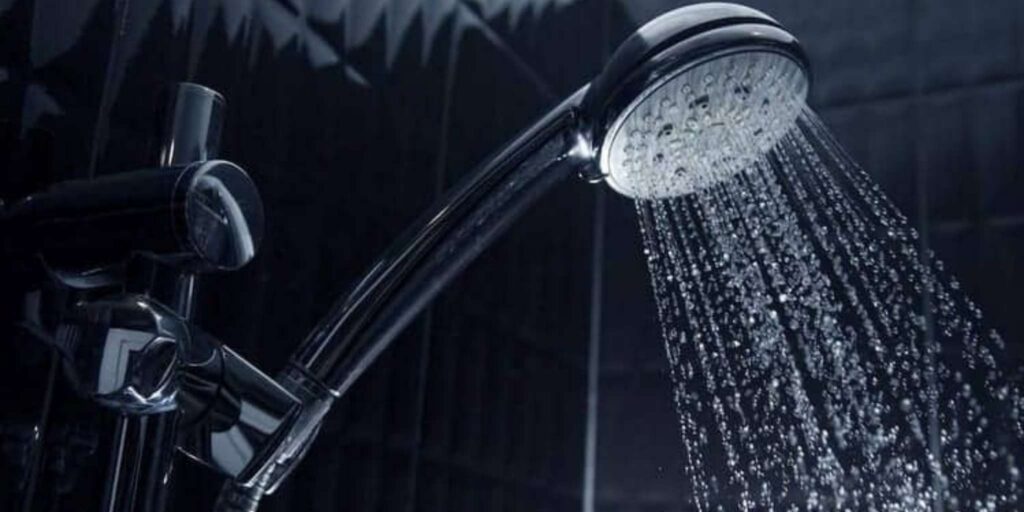
In residential places, one can easily collect the shower water and reuse it. The used water from the bathtub has been collected using a bucket. The reusing of this concerning water has been paving for flowering plants and lawns.
Collecting rainwater
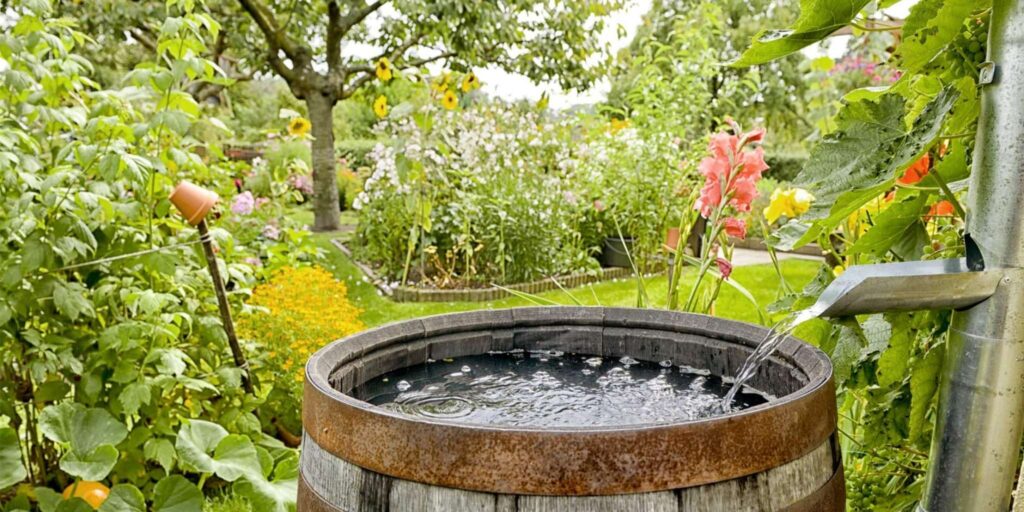
Rainwater harvesting is the most important one and most people do not recognize it. With the aid of gutters, an individual collects the rainwater easily. Once water is being collected, it has been directed for watering the plants, washing clothes, laundry purposes, etc. It is the safest one when compared to the other type known to be greywater.
Making use of coarse filtration
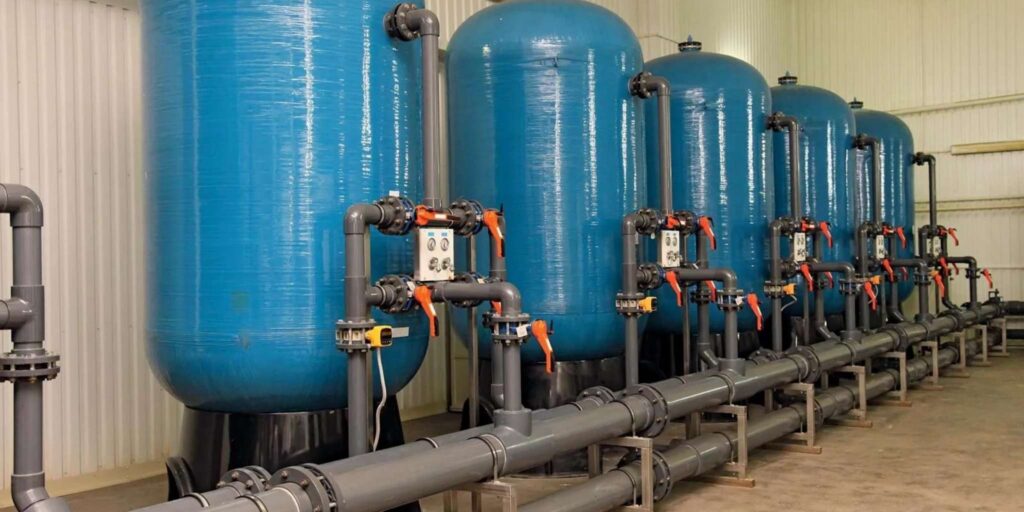
Coarse Filtration is the top-notch filtration method that aims to enhance differential reusing purposes. It Coarse Filtration is the top-notch filtration method, concentrating on differential reusing purposes. It eradicates particles involving grease, hair, food particles, dirt, etc. The greywater moves into the intended filtration system & automatically separates the remaining particles. Finally, outflow interconnects to the standard irrigation system.The final water tends towards multiple purposes like watering plants, washing four-wheelers, outdoor cleaning purposes, etc.
Purest filtration
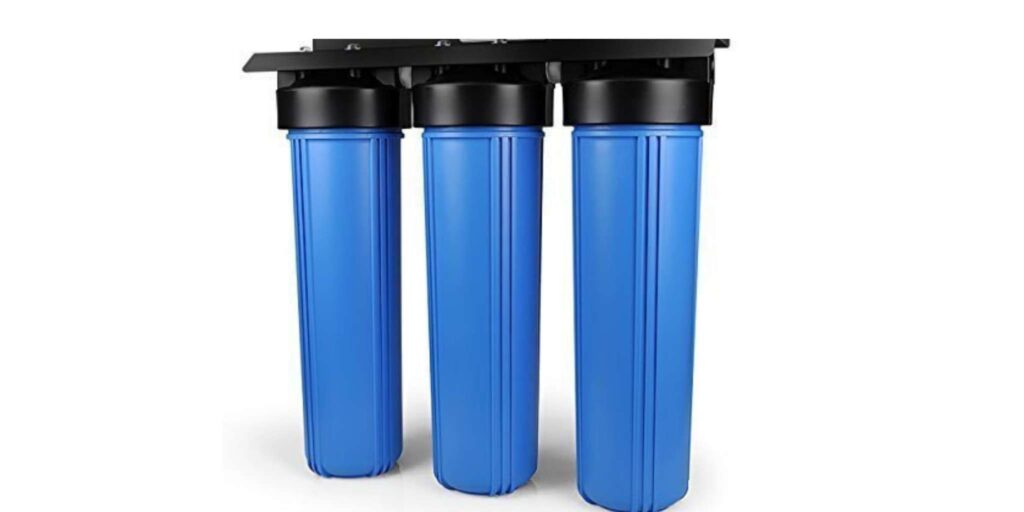
Similar to that coarse filtration, this type of filtration subject to process the wastewater as the most usable one. The fine filtration method targets the eradication of microbes from water. People use filtered water for drinking purposes and cooking. It possesses a basic structure where an individual uses greywater for multiple purposes.
Reusing water from laundry
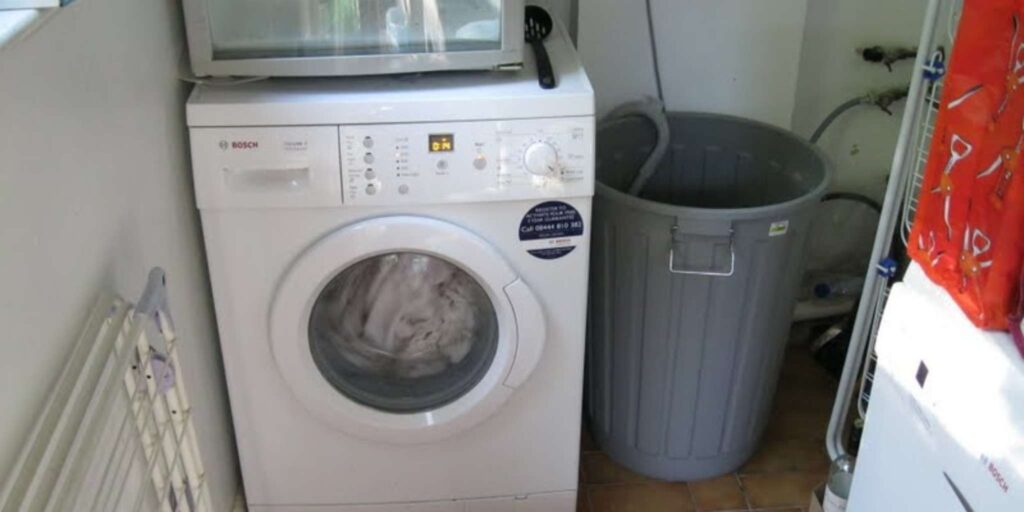
The water used for laundry purposes can be again reused for outdoor usage. Here, the pipe interconnects to multiple points to eradicate erosion. This wastewater reuse has been leading to watering the lawns and cleaning the entire pathways.
Developing rain garden
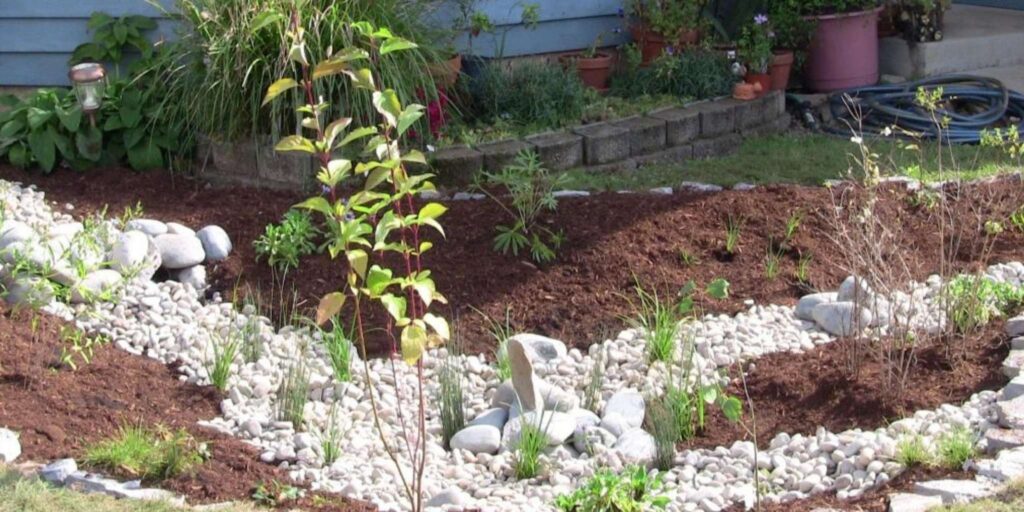
Generally, rain gardens efficiently and effectively play a vital role. There is no need for additional skills. Here, the gutters led the rainwater directly to the gardening area. One can use multiple holes from the punching process to counterfeiting the irrigation process. At the same time, the gutters led to the hanging parts and lower parts of the plant system. For gardening purposes, just minimal water is more than enough.

Final words!!
Now, you have understood that there are multiple ways to reuse the water. It is in our hands to use the water conservatively. By following every point generously, one can reuse the water and use it for multiple purposes. We have to pave the way for our future generations and save precious water for them. Let’s start the process from today!!

